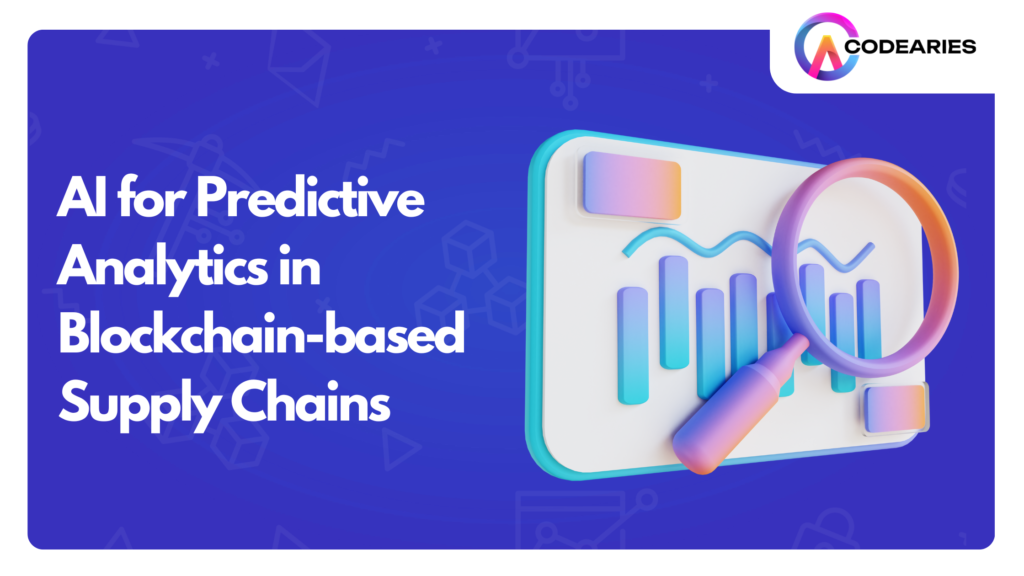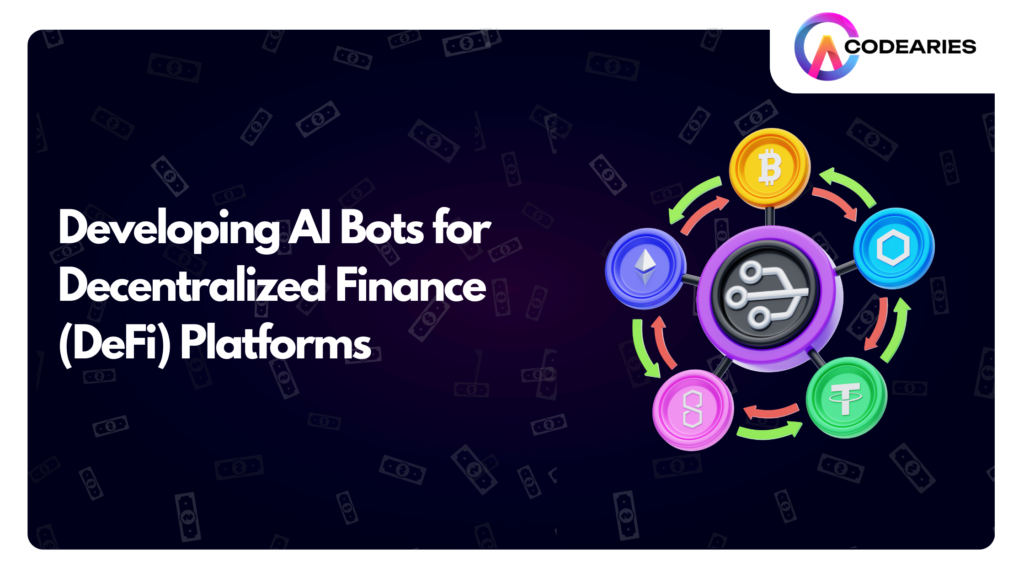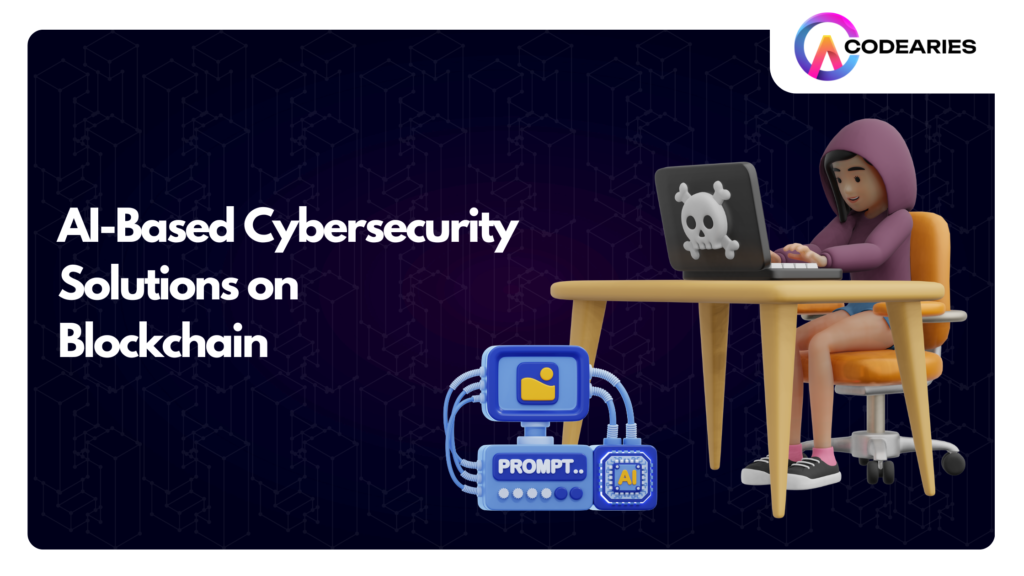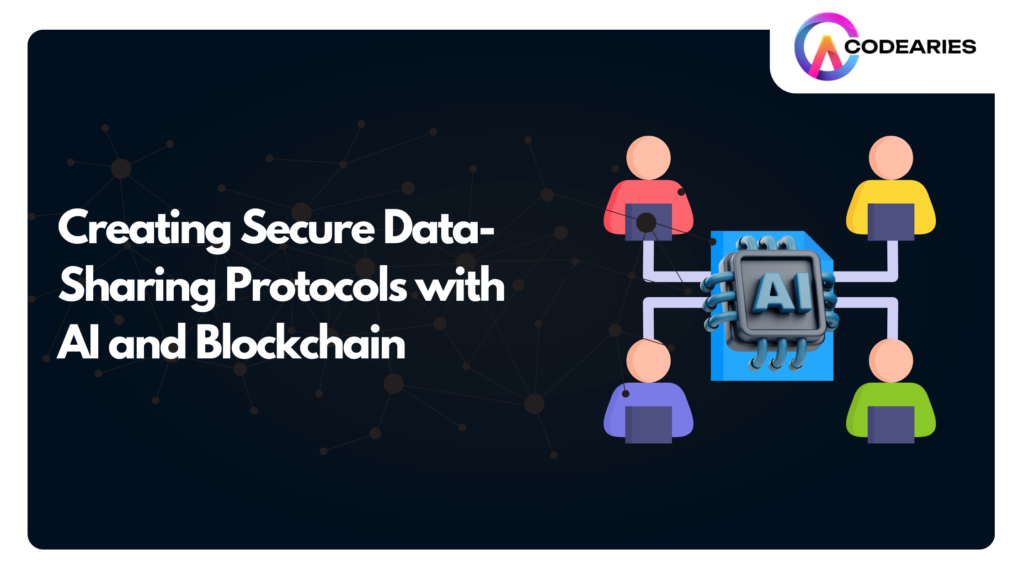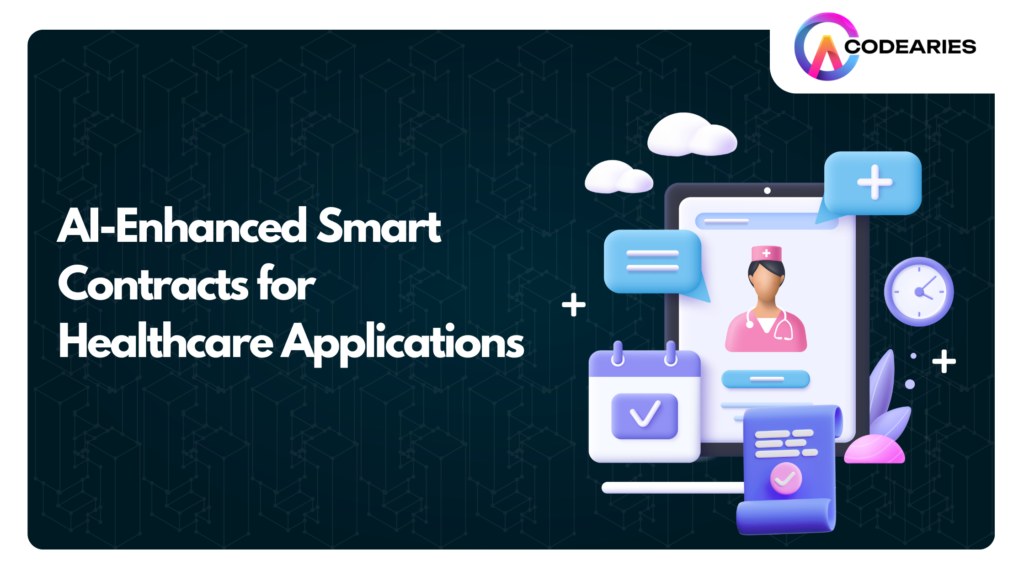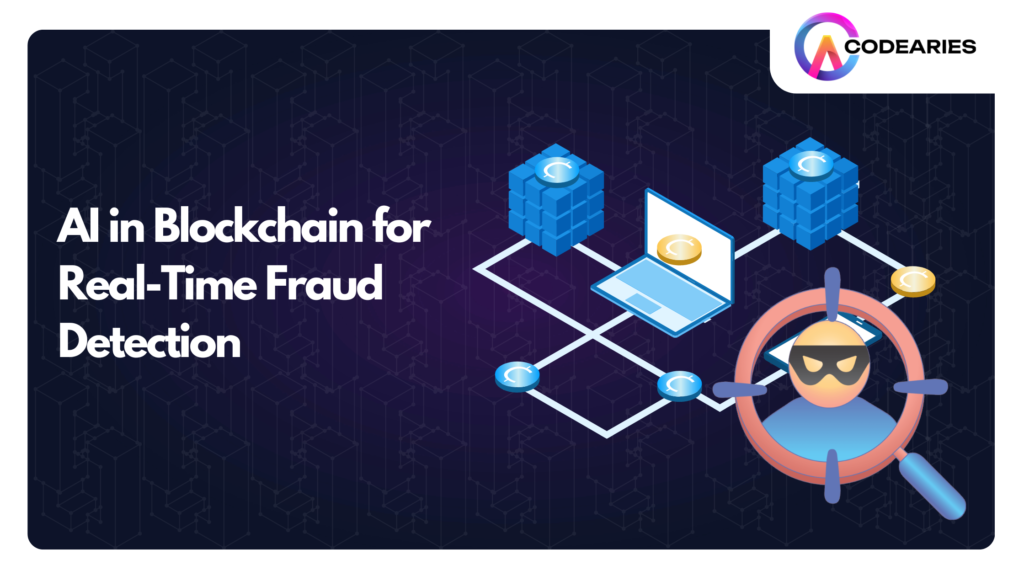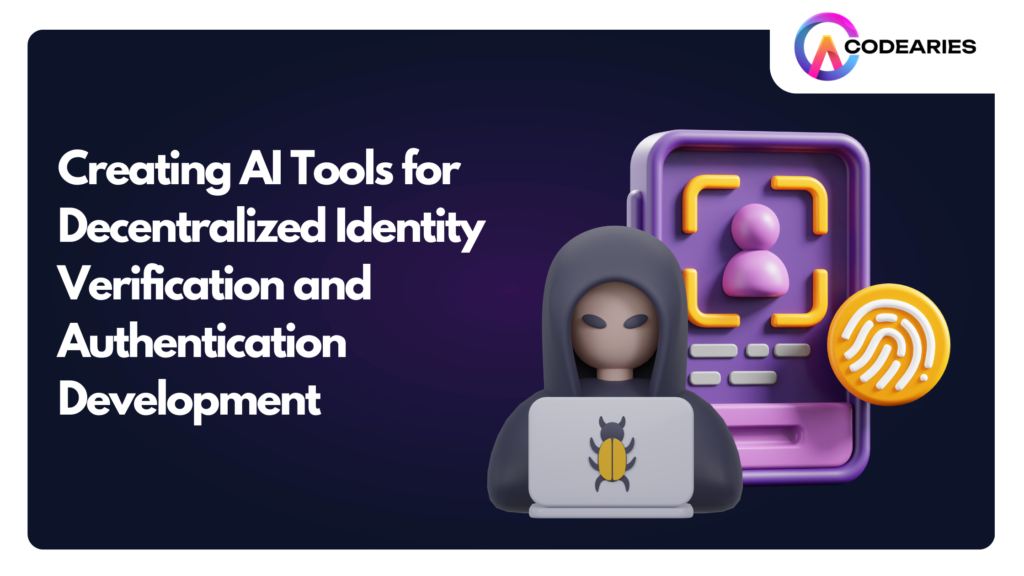AI for Predictive Analytics in Blockchain-based Supply Chains
Read 7 MinBlockchain technology has revolutionized various industries, and its impact on supply chain management is undeniable. The transparency, security, and decentralization it offers have made it an ideal solution for addressing long-standing inefficiencies in supply chains. However, blockchain alone is not enough to solve every challenge. With the integration of artificial intelligence (AI), particularly in the form of predictive analytics, blockchain-based supply chains are poised for even greater transformation. By combining the strengths of both technologies, organisations can enhance their operational efficiency, reduce risks, and make data-driven decisions with unprecedented accuracy. Predictive Analytics Predictive analytics is the secret sauce that harnesses historical data, statistical algorithms, and machine learning to forecast future events. In a blockchain context, AI dives into the wealth of data recorded in real time, discerning patterns and trends that humans might overlook. This powerful combination enables businesses to anticipate changes, from fluctuating demand to potential disruptions, giving them a significant edge in a competitive landscape. The global predictive analytics market size was valued at USD 10.2 billion in 2022, and it is expected to hit at around USD 67.86 billion by 2032 with a registered compound annual growth rate (CAGR) of 21.4% during the forecast period 2023 to 2032. SOURCE Imagine being able to predict shifts in consumer preferences or economic conditions before they impact your operations. With AI’s advanced predictive capabilities, organizations can stay a step ahead, turning uncertainty into opportunity. AI for Predictive Analytics in Blockchain-based Supply Chains Predictive analytics has emerged as a game-changer in supply chain management, leveraging historical data to anticipate future trends and outcomes. When this capability is combined with the robust security and transparency of blockchain technology, it creates a potent framework for transforming supply chains into more efficient, reliable ecosystems. The Role of AI in Predictive Analytics Artificial Intelligence (AI) is at the forefront of predictive analytics, bringing a suite of capabilities that enhance data utilization:Data Processing and AnalysisAI algorithms excel at sifting through massive datasets from diverse sources—think IoT devices, sensors, and blockchain records. This ability not only accelerates data processing but also uncovers insights that manual analysis might overlook.Pattern RecognitionAI shines in identifying subtle patterns and trends buried in the data. By detecting these hidden signals, AI can help businesses make informed decisions, anticipating shifts in consumer behavior or market dynamics.Predictive ModelingWith AI, businesses can build sophisticated models that forecast future events, using historical data alongside real-time inputs. This predictive power helps organizations stay ahead of the curve in a rapidly changing marketplace.Machine LearningOne of the most compelling aspects of AI is its ability to learn from data continuously. Machine learning techniques enable predictive models to refine their accuracy over time, adapting to new information and evolving circumstances. Use Cases of Predictive Analytics in Blockchain-based Supply Chains The synergy of AI and blockchain unlocks various transformative applications:Demand ForecastingBy analyzing historical sales data and market trends, businesses can predict future product demand, helping to align supply with customer needs.Inventory OptimizationAI can optimize inventory levels, preventing stockouts or excess inventory, thus saving costs and improving customer satisfaction.Risk ManagementPredictive analytics helps identify potential risks, such as supply chain disruptions or quality control issues, enabling organizations to implement mitigation strategies before problems arise.Supply Chain OptimizationAI-driven insights can pinpoint inefficiencies and bottlenecks in the supply chain, leading to improved operational performance and cost savings.Quality ControlReal-time data from sensors, coupled with historical insights, allows businesses to predict product quality issues, ensuring standards are met and minimizing waste. Key Benefits of Integrating AI with Blockchain Real-time Decision MakingAI excels at processing vast datasets from diverse sources—IoT devices, sensors, and blockchain records—yielding real-time insights. This capability empowers businesses to make swift, informed decisions, enhancing agility in a fast-paced market.Dynamic Supply Chain AdjustmentsPredictive capabilities of AI enable businesses to foresee disruptions and anomalies. For instance, if a natural disaster threatens a supplier, AI can swiftly suggest alternative routes or sources, allowing for seamless adjustments in strategy.Enhanced Transparency and TraceabilityBlockchain’s immutable ledger ensures that all transactions are transparent and traceable. AI can analyze this data to identify inconsistencies or potential issues, reinforcing trust among stakeholders. Predictive Maintenance in Supply Chains Predictive maintenance is rapidly becoming a cornerstone of modern supply chain management, enabling businesses to foresee equipment failures before they occur. By integrating AI technologies, organizations can enhance their predictive capabilities, significantly reducing downtime and maximizing operational efficiency. Advantages of AI-Enhanced Predictive Maintenance Minimizing DowntimeBy accurately predicting when maintenance is needed, companies can schedule repairs at optimal times, significantly reducing disruptions to operations and ensuring smooth workflows.Boosting Operational EfficiencyPredictive maintenance allows for more efficient maintenance scheduling, reducing waste and enhancing overall equipment utilization. This efficiency translates to better resource management across the supply chain.Cost ReductionsPreventing unexpected equipment failures can save businesses from costly emergency repairs and associated downtime. By investing in predictive maintenance, organizations can reduce overall maintenance costs.Enhancing Product QualityReliable equipment performance directly correlates with product quality. By maintaining equipment in optimal condition, businesses can minimize defects and ensure a consistent product output.Extending Asset LifespanProactively addressing potential issues helps extend the lifespan of equipment. This preventative approach not only saves money but also enhances the overall value of assets. Steps to Implement AI-Driven Predictive Maintenance Data Collection Start by gathering relevant data from a variety of sources, including sensors, IoT devices, and historical maintenance records. Data Preparation Clean and organize the collected data to ensure its accuracy and consistency, making it suitable for analysis. Model Development Utilize suitable algorithms to develop and train machine learning models based on the prepared data. Model Deployment Once trained, deploy these models to continuously monitor equipment performance, generating real-time predictions. Maintenance Planning Leverage the insights generated by AI to efficiently plan and schedule preventive maintenance tasks, ensuring that operations remain uninterrupted. Smart Demand Forecasting and Inventory Management Effective demand forecasting is the backbone of inventory management. AI-driven predictive analytics can sift through historical sales data and external factors, delivering precise forecasts that optimize stock levels. When integrated with blockchain, this information is shared transparently across the supply chain, enabling seamless collaboration between suppliers, manufacturers, and retailers.This synergy

